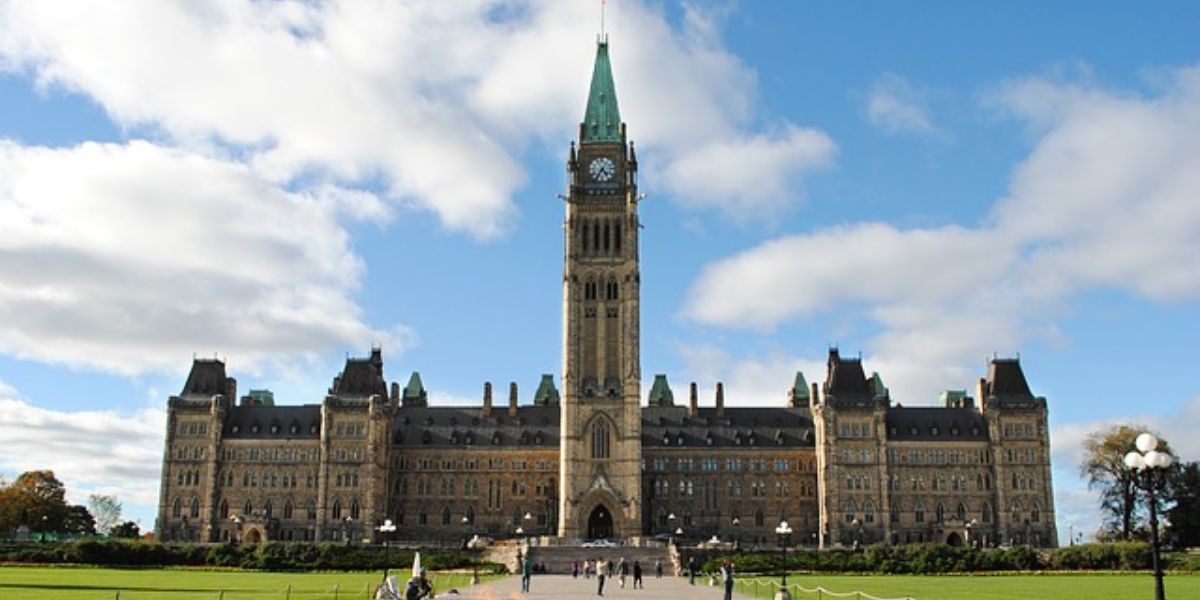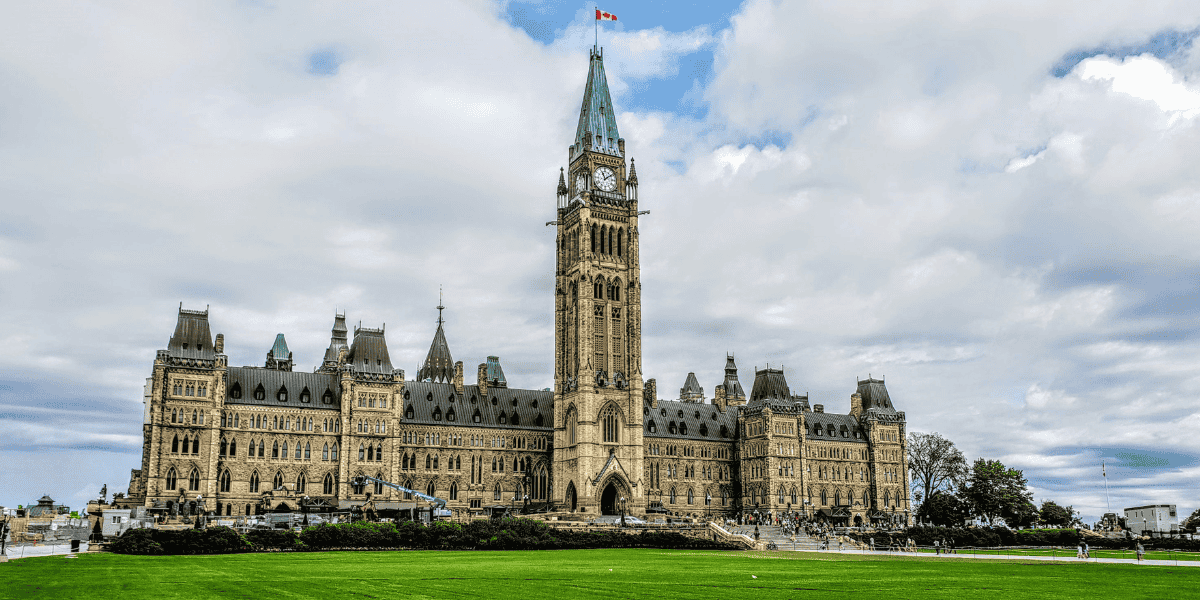The Canadian Province of Alberta announced on 12 May 2025 that it is freezing the industrial carbon price at the current rate of CAD 95 per tonne of emissions.
The announcement was made by Alberta’s Premier, Danielle Smith.
Previously, the price was scheduled to rise to CAD 110 per tonne in 2026 and continue increasing to CAD 170 per tonne by 2030.
Alberta’s government stated that it is freezing its industrial carbon price to keep industry competitive and defend jobs in response to the uncertainty caused by US tariffs. The current tariffs being imposed by the US are increasing costs, disrupting supply chains and creating uncertainty for industry.
The US has recently expanded its tariff policy, imposing new duties on Canadian exports. In response, the Canadian government announced a series of countermeasures to address the tariffs introduced by US President Donald Trump on 2 April 2025.
This freeze provides certainty and economic relief to oil and gas, electricity, petrochemical, manufacturing, cement, pulp and paper, mining, forestry and other sectors employing tens of thousands of workers across the province.
The announcement states that the current tariffs imposed by the US comes after a decade of anti-industry and anti-development policies by Canada’s federal government. Since 2015, these rules and regulations have decreased Alberta’s competitiveness, increased uncertainty, and driven away much-needed investment.
Alberta remains committed to reducing emissions by developing and implementing new technologies, not unrealistically high taxes, while responsibly powering the world for decades to come.
Alberta’s industry-led industrial carbon tax system, TIER, has been in place since 2007. Alberta’s industrial carbon pricing and emissions trading system, known as the TIER system, sets an industrial price for carbon dioxide equivalent (CO2e) emissions produced by regulated facilities.












